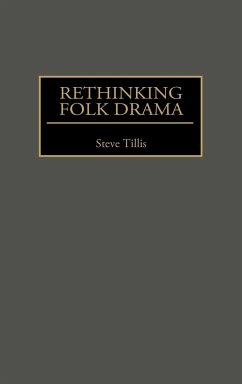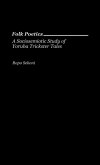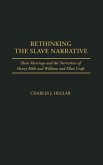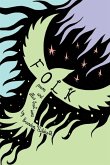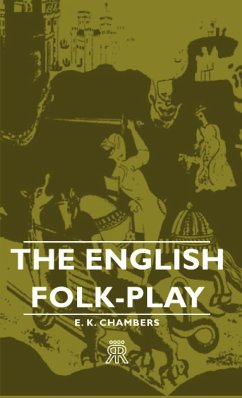Traditions of folk drama exist throughout the world, ranging from simple forms that involve few people, rudimentary texts, and crude performance practices, to complex forms involving entire towns, highly elaborated texts, and performance practices that have developed over hundreds of years. Yet folk drama lacks, to this day, a full-length study from the perspectives of either folkloristics or drama studies. This work seeks to fill that lack by undertaking a bi-disciplinary study of the idea of folk drama, drawing on examples from around the world, including Yangge (China), Ta'ziyeh (Iran), Bhav=a=i (India), Karagöz (Turkey), Apidán (Nigeria), and the Mummers' Play (England). It examines the meanings of folk and drama, the significance of ritual and performance in folk drama, the frequently encountered problem of Eurocentric bias, the conventional tripartite division of drama into elite, popular, and folk categories, the need for a methodology capable of describing all aspects of folk drama performance, and the taxonomic place of folk drama in both folkloristics and drama studies. On the basis of this examination, Rethinking Folk Drama establishes a new basis for understanding the ubiquity and variety of folk drama.
Hinweis: Dieser Artikel kann nur an eine deutsche Lieferadresse ausgeliefert werden.
Hinweis: Dieser Artikel kann nur an eine deutsche Lieferadresse ausgeliefert werden.

